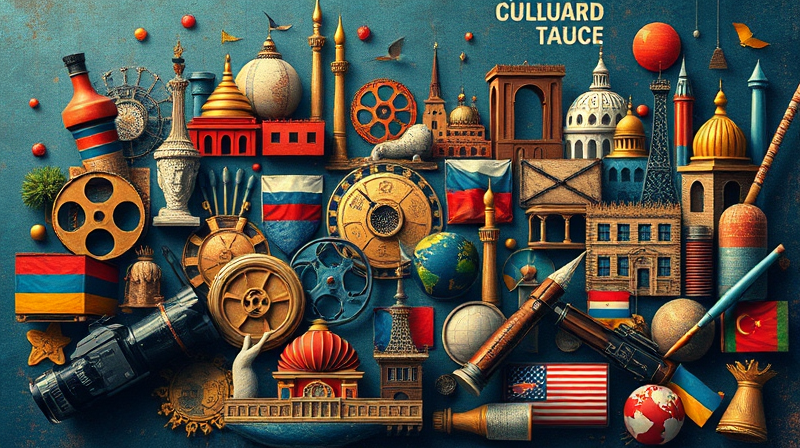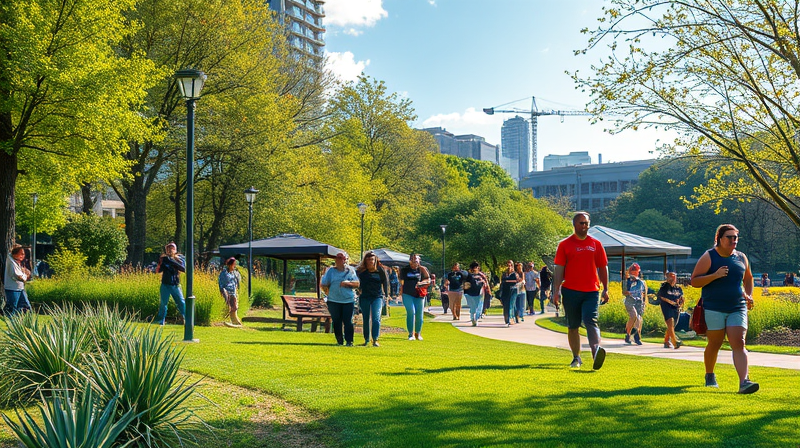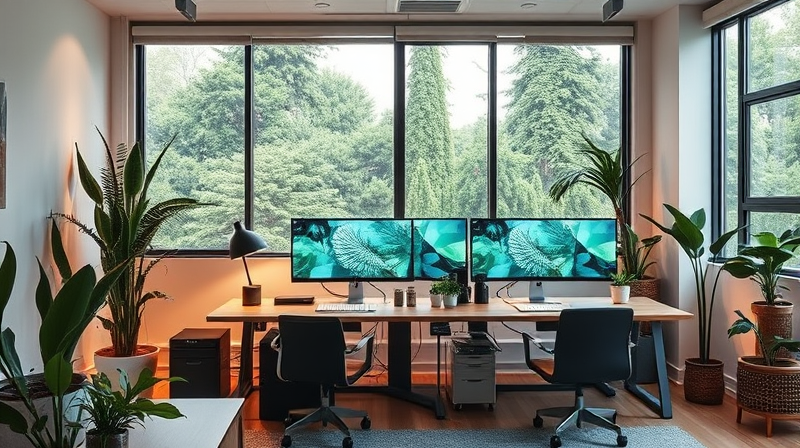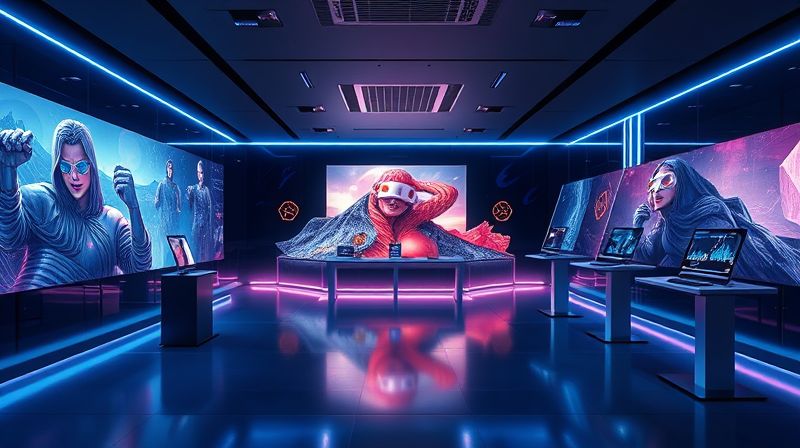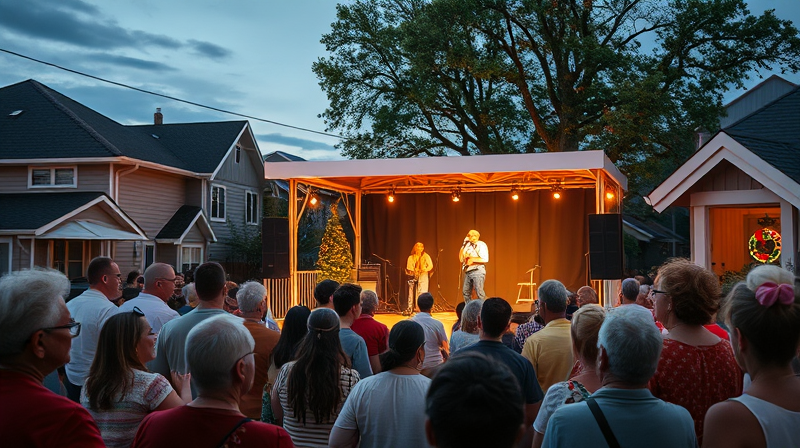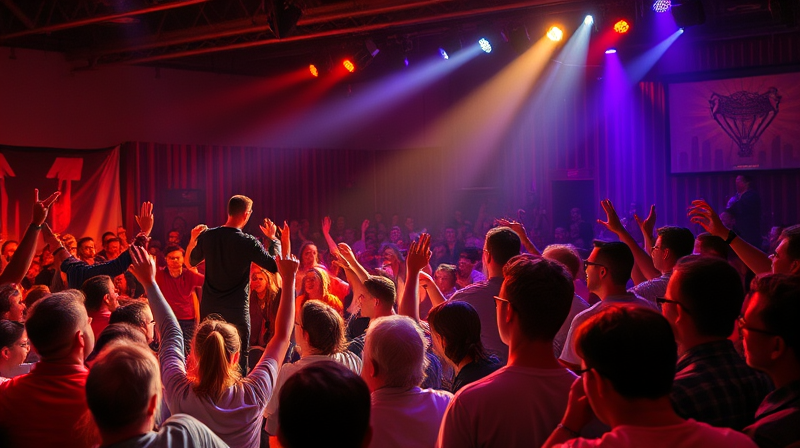In a world rich with cultural heritage and diverse narratives, film and art serve as bridges connecting distant communities and inspiring dialogue across borders. Today, we find ourselves immersed in a dynamic era where creators and visionaries harness the power of storytelling to celebrate our shared humanity. Through innovative film festivals, groundbreaking art exhibitions, and influential masterclasses, audiences from every corner of the globe are invited to explore the beauty of diverse cultural expressions.
Across international stages, filmmakers and artists have been using their craft to illuminate histories, challenge norms, and reimagine the future. Their collective efforts remind us that art is not merely a form of entertainment, but a potent tool for social change and cultural education.
The Transformative Impact of Film Festivals
Film festivals around the world continue to break new ground by showcasing narratives that span a multitude of cultural experiences. These events play a critical role in amplifying voices that are too often left unheard in mainstream media.
Global storytelling festivals such as the celebrated events held in Los Angeles and other international venues, bring together filmmakers who dare to present unfamiliar perspectives and untold stories. With film genres ranging from human rights tales to science fiction adventures, audiences are provided with windows into the lives and struggles of people far removed from their daily realities.
- World Culture Film Festival: A vibrant gathering designed to nurture global conversations through cinema. This festival highlights narratives of empathy, resilience, and unity, and showcases works that traverse themes of environmental conservation, social justice, and innovative storytelling.
- Spelman International Film Festival: An event that celebrates international film, offering glimpses into the historical and contemporary challenges experienced in countries as diverse as Brazil, Japan, Palestine, and the Dominican Republic.
- Inwood Film Festival: Celebrating a decade of cinematic expression, this festival presents an array of films that address gender identity, indigenous community stories, and societal shifts. Films such as The Good Mind and Minted exemplify the innovative use of narrative to investigate pressing issues from environmental advocacy to the evolving landscape of digital art.
These festivals provide emerging filmmakers the opportunity to share their visions while also honoring the legacy of established directors. They reinforce the power of film as a unifying medium and celebrate the artistic bravery required to capture complex layers of identity and experience.
Art as a Beacon for Cultural Dialogue
Art is often heralded as a unique immersive experience that catalyzes conversations, paving the way to deeper understanding. Across the globe, exhibitions and masterclasses invite viewers to examine pieces that tell stories of migration, heritage, and the evolving notion of home.
Innovative art exhibitions offer much more than a visual treat. They serve as educational platforms that empower communities to explore significant socio-political issues. In cities like New York, creative exhibits invite visitors to interact with works that delve into Asian American history and Pacific Islander narratives, sparking discussions on identity and representation.
- Crossing Art Exhibition: This initiative emphasizes the importance of cultural diversity while providing a space for artists to explore themes of migration, familial bonds, and belonging through various media including painting, sculpture, and digital art.
- Baruch College Arts Masterclasses: These sessions dissect historical masterpieces such as the Andean Wari feather panels and the Ghent Altarpiece, unraveling the rich tapestry of global art history and its intertwined social and political contexts.
- The Crystal Awards at Davos: Recognizing the achievements of cultural leaders, this prestigious ceremony underscores art’s capacity to drive forward social change by celebrating pioneers in architecture, philanthropy, and sustainability.
By engaging directly with challenging subjects and fostering multicultural dialogue, art exhibitions like these serve as catalysts for inclusivity and understanding. They remind us that cultural expression holds the key to breaking down barriers and encouraging empathy among diverse populations.
Illuminating Underrepresented Voices
One of the most exciting aspects of contemporary film and art events is their commitment to bringing underrepresented voices to the forefront. Increasing representation has become central to the mission of many cultural initiatives, ensuring that narratives from marginalized communities are heard and valued.
For instance, many film events showcase short films and documentaries that focus on issues such as mental health and community struggle. These stories reveal the resilience and depth of people who are often overlooked by larger media narratives. Similarly, art installations demonstrate the rich cultural heritage of groups whose traditions have been overshadowed by dominant narratives.
The diversity and authenticity of these projects reaffirm the belief that creative expressions can serve as a mirror to society. As filmmakers and artists break new ground in their fields, their innovative work builds connections and transforms how cultures are perceived globally.
Ultimately, these vibrant arts initiatives are not just about showcasing talent or celebrating aesthetic beauty. They are about embracing and celebrating all aspects of the human experience. In an era where digital technologies broaden our reach, art and cinema continue to provide a platform for dialogue, healing, and transformation.
As we look to the future, the commitment to global narratives remains a driving force for social change. Whether through films that challenge our perceptions or art that ignites our imagination, the collective endeavor to appreciate world cultures stands as a testament to humanity’s enduring quest for meaningful, inclusive interaction. The journey into these rich cultural landscapes promises not only inspiration but also a deepened understanding of the world we share.

